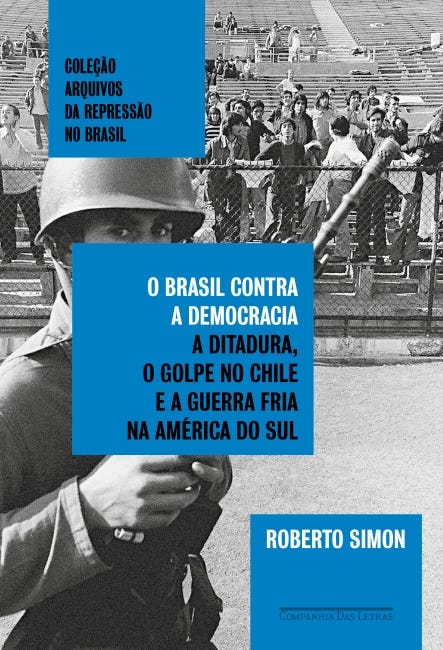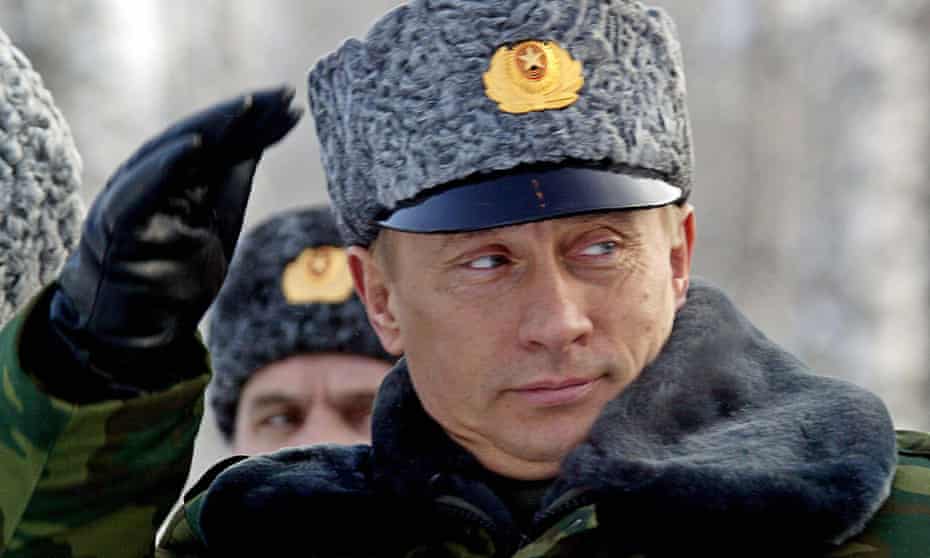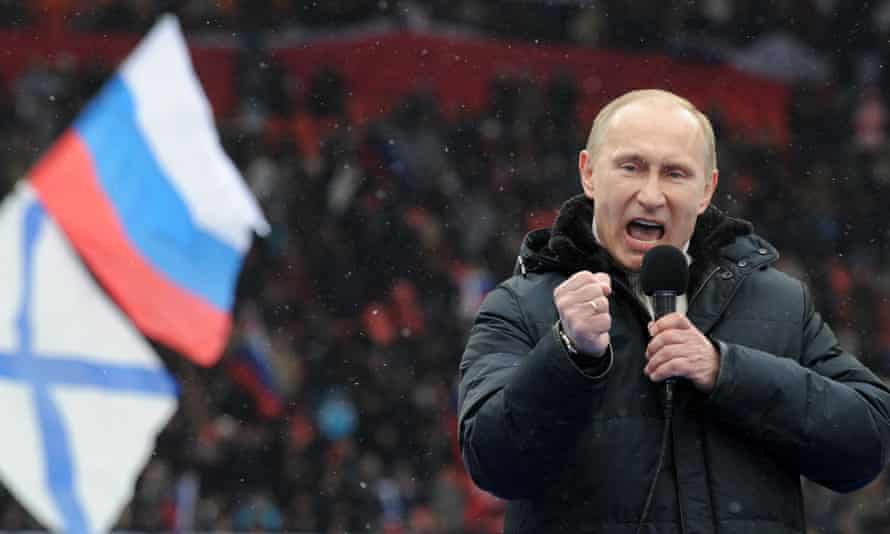O autor da resenha aponta muitos erros neste livro. Ele não contou seus próprios erros na avaliação do sistema chinês. A China copia os mais avançados? Pode ser, mas qual país não o fez?
Book Review:
China's True Elite

Reviewed
Study Gods
by Yi-Lin Chiang
Connection to the Communist Party is more important to success in China than test scores.
Law and Liberty, August 30, 2022
https://lawliberty.org/book-review/chinas-true-elite/?utm_source=LAL+Updates&utm_campaign=67823dfa34-LAL+Updates&utm_medium=email&utm_term=0_53ee3e1605-67823dfa34-72437129
The Chinese elite is a fascinating subject of increasing relevance to the West. It is the window on China’s power center. A probe into this secret group that is largely out of the limelight will, however, shed a bright light on the party leadership and internal factions. Alas! The book Study Gods: How the New Chinese Elite Prepare for Global Competition does not offer a wealth of insights but contains an abundance of errors. Worse still, the “elite” the author spent years observing and interacting with are not the actual Chinese elite.
A bird’s eye view of the book will lead us to the first major error of the book: a misjudgment of the Chinese study gods. We will then unveil the real elite that should be of concern to the West, especially at the time when China under Xi Jinping’s reign no longer hides its ambition for global dominance.
The author identified the young Chinese elite essentially as a group of “exceptionally high-performing students” dubbed “study gods” in Chinese. In the course of seven years or so, the author followed 28 study gods in Beijing, China’s capital city that possesses the best resources of all kinds. Beijing resident students have the best teachers and are required the lowest grade for admissions to the most prestigious universities in the country. The ubiquitous institutionalized inequalities in the “communist” country confer unabashed privileges and preferential treatments on rich cities.
The author gave a detailed account of how Chinese students, especially the study gods, were treated by peers, superiors, inferiors, parents, and teachers based on their status positions. As the epithet “gods” clearly implies, those study gods assume a status very similar to that of celebrities. They are revered by classmates with lower scores, enjoy indulgence and unlimited support from parents and the school, and could even disregard or actively defy teachers who were usually uncontested authority figures for the mere “mortals” who shared their classes. In addition to study gods’ interaction with their environment, the author emphasized their guaranteed prospects to attend the most prestigious universities at home or overseas.
However, note that what the author called “the exceptionally high-performing” or “academically high achieving” Chinese study gods are merely ones who score the highest possible number on standardized examinations. What the author meant in describing how “elite students…immersed themselves in status competition” is merely a competition for the highest test score. Thus, those top scorers are not necessarily versatile students who are creative and well-read. In fact, many of them read nothing but textbooks and supplementary materials. The hierarchy system of the Chinese high school the author portrayed with wonderment is only a hollow construction built upon flimsy standardized-test scores.
I kept wondering when reading through the book why American readers would particularly be motivated to learn how privileged Chinese students play their games in their little ecosystem. Do the readers really want to know the different ways in which “(Chinese) students in different status positions navigated the status system”? Or how the status positions they acquired in high schools keep playing a role in their future lives? For instance, the author noted some study gods who later went to Western universities “considered themselves as having top status in American university” when they “continued to uphold a status system determined by test scores (or GPAs).”
I can easily imagine ordinary Chinese wouldn’t bother to learn the number of American high-school cliques, what the popular groups are, or how cheerleaders and jocks interact with the rest. So, what is the point of writing the book for Western readers?
The author repeated the point in multiple places. For instance, “I propose that elite Chinese youth are systematically successfully in the competition for global elite status by becoming ‘study gods.’” Or, “I show that by the end of high school these young men and women have learned an assortment of skills that compose a recognizable repertoire of behaviors expedient to the reproduction of elite status in global society.”
However, reality begs to differ.
There is no “an assortment of skills” to learn in order to become study gods in high schools. The one and only skill is how to achieve high marks on examinations. But academic excellence of parochial nature carries very little substantive value in the real world.
Chinese students are known for outperforming others in international academic competitions such as math. But perhaps not many people know the recipe for success is that Chinese students spend 10 years in the classroom doing nothing but being trained to perform well on standardized tests. Still, fewer know that they are trained in well-tested, extremely efficacious formulas for high scores on all sorts of tests, including GRE, TOEFL, IELTS, SAT, and the rest. However, the significance of high scores does not go too far beyond the test itself. My GRE verbal score put me in the ninety-sixth percentile but a week later after the test, I could barely recall those grandiloquent words of the lofty GRE vocabulary.
It is open knowledge, at least within China, that the Chinese education system excels in producing top scorers but not innovators or inventors. Those top scorers will be very good at learning (i.e., copying) existing technologies when entering the real world, just as their predecessors have been doing since the late sixteenth century. The young generation probably has no memory of the late Ming dynasty importing military technology from the Portuguese, the late Qing dynasty purchasing military and industrial technologies from the Western powers, or China completely depending on Soviet Russa to develop its industry from the 1940s to the 1950s. But they know very well that twenty-first-century technologies such as WeChat, Weibo, or Baidu, among many others are copies of American originals, albeit they are advanced versions.
In his book Zero to One, Peter Thiel wrote, “If you take one typewriter and build 100, you have made horizontal progress. If you have a typewriter and build a word processor, you have made vertical progress.” China will keep copying Western originals because they believe that horizontal progress alone will sustain their prosperity.
Here is a warning to dumbfounded Westerns who are so enamored of China’s economic miracle that they are convinced of the efficacy of the so-called “China model.” The Chinese formula will indeed boost SAT scores that the American elite need to go to Harvard, but it does not nurture versatile, creative, and innovative minds. The fact that Bill Gates, Steve Jobs, Mark Zuckerberg, and Elon Musk are Westerners, not Chinese, means they grew up in Western civilization and are beneficiaries of the liberal arts education (in its traditional sense), not standardized tests.
The beating heart of education is wonder, something that the China model has already suffocated in its cradle.
In America, money purchases political power, whereas in China, it is political power that begets wealth.
The Princelings
Not only are the lives and games of the Chinese top scorers insignificant to Western readers, but they are not even the real elite.
Who are the real elite recognized by the Chinese people? The young Chinese “elite” portrayed in the book—for example, the one whose parent is a physician with a PhD—is by no means a member of the elite in the eyes of their fellow Chinese. Mao’s death put an end to ideology politics that had raged in China for almost three decades since his enthronement. Deng Xiaoping’s coming into power turned a new chapter that says “becoming rich is glorious.” Money has since become the only yardstick against which an individual is valued.
So ordinary Chinese will not consider the top global university graduates or multinational corporation employees with a starting salary of $100k as Chinese elites. Indeed, those young adults who “grew up wealthy, received a world-class education, live comfortably, and are expected to lead luxurious lifestyle” can easily travel the world with their Louis Vuitton suitcases. But what separates the rich from their neighbors is mere money. They are of the same status in front of the real elite—the Red elite.
The Chinese elite is a group of people called Princelings. They are children, grandchildren, and in-laws and relatives of high-ranking senior CCP leaders. They are the ones who wield absolute political power over the people, which makes them the proprietors of the means of production of the country. The princelings are behind every sector of Chinese economy: energy, finance, real estate, technology, healthcare, stock exchange, and manufacturing.
In America, money purchases political power, whereas in China, it is political power that begets wealth. But wealth alone does not make one powerful. What could be a better example than Jack Ma—one of the richest men in China who controls Ant Group, the second largest financial services provider in the world—disappearing from public eyes after the government abruptly suspended the IPO of Ant Group in November 2020?
Jack Ma is a member of the richest club in China whose “membership” requires a minimum of $10 billion. They are in general businessmen, owners of the largest listed companies in the country. It seems that they are China’s capitalists. That would be a misperception. Their identity and function are—and perhaps fate will be—very similar to those of нэпман.
нэпман is a Russian term meaning zealots of Lenin’s New Economic Policy. In 1921, the Soviet government had to tentatively reform the war communist economic policy, partially recovering the market economy, at the time Russians were continuously dying of starvation. Small businesses quickly reemerged along with free exchanges. By 1927, нэпманconstituted about 2.3 percent of the whole population and 7% of the urban population. Note that just like China’s Jack Ma and his club buddies, they were not capitalists as Westerners understand the word. They were the state’s expedient solution to critical commodity deficiency and severe unemployment. Most importantly, they contributed 21% of the income tax revenue of the urban population and half of the corporate revenue nationwide. They fueled Soviet Russia’s heavy and military industries. Later when Stalin believed those (state-controlled) “capitalists” were no longer of use to him, as planned economy alone could sustain Soviet Russia, нэпман were expunged from their Motherland in the 1930s.
The Chinese нэпман must attach themselves to one or the other members of the elite to become a giant. For example, Jack Ma maintains a close relationship with Jiang Zhicheng, the grandson of Jiang Zemin who is Xi’s predecessor from 1989 to 2002 and his primary political nemesis. Jiang Zhicheng is a founding partner of Boyu Capital, a private equity firm whose portfolio features China’s major tech companies, pharmaceutical and medical equipment firms, and AI companies. It attracts worldwide investors such as U.S. Pension Funds or Singapore’s sovereign wealth funds.
Jiang Zhicheng’s father Jiang Mianheng has an even more stunning resume. Jiang Mianheng, called the “king of telecommunication” and “father of the internet,” built China’s modern-day information and communication sector and internet networks from the 1990s to the 2000s when his father was the “king” of China. What happened to Jack Ma and other similar targets in recent years is a reflection of the increasingly intense and conspicuous factional fight within the Red elite.
Mark Twain notes, “no occurrence is sole and solitary, but is merely a repetition of a thing which has happened before, and perhaps often.” Deng’s 1978 Reform and Opening-up policy is in essence the Chinese version of Lenin’s New Economic Policy. The circumstance of the country at the time was similar to that of Soviet Russia in the 1920s. And in the 2020s, Xi seems to do what Stalin did in the 1930s.
In 2021, Xi announced a campaign called “common prosperity” with the slogan “reasonably adjusting excess incomes,” encouraging the rich and businesses to “give back more to society.” In the meantime, almost all tech giants were fined an astronomical figure, citing anti-monopoly laws. The commerce titan Alibaba, for example, was fined a record $2.8 billion.
When Jack Ma and the like, with all the money they have, can be squashed at the whim of “Emperor Xi,” I don’t believe the Chinese study gods and the future upper class “are en route to dominating the global economy. But the industrious Chinese top scorers might gain an upper hand if American universities keep tearing up Western civilization, cooking up pseudo-social sciences such as gender studies, and training the snowflake generation in nothing but hatred for America.
Habi Zhang
Habi Zhang is a doctoral student in political science at Purdue University.
More by this author




